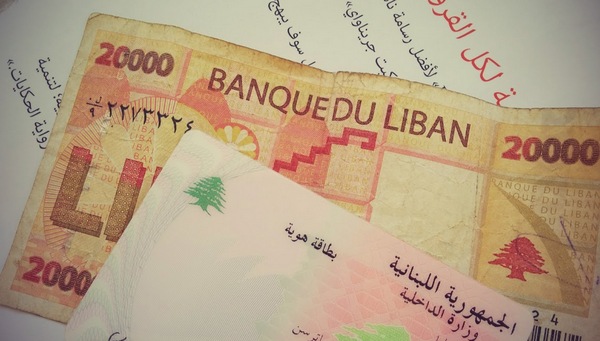A few months ago, my three year old stumbled onto the topic of where we all come from. I have never tried to tell her she was any particular nationality. It can be quite a false measure of culture, and it’s easy to get the two confused at a young age. Still, I often talk about the facts of where we were all born or were living at a given time. Curious to see what she had understood I asked her a few questions, starting with the easiest:
“So where does mummy come from?”
“England,” she answered confidently. Of course. I left the UK an awful long time ago (I was 18), but we always visit my parents in England, in the house I grew up in, they speak only English, and I always speak to her in English. Not too hard. Next up:
“What about you? Where are you from?”
“Beirut,” she replied, without missing a beat. This made me smile, as even her dad never says he’s from Beirut, having lived most of his life in the US and France. Plus we left Beirut two years ago, and she only knows about a dozen Arabic words.
“What about daddy, where’s he from?”
“We don’t know,” was her succinct reply. And I think that about sums it up. Her dad is a mix of three distinct cultures. The origins of a third culture kid can’t really be packaged up neatly, which is what makes the questions “Where are you from, then?” or “Are you more cultureA or cultureB?” pretty tiresome. But what tickled me was her assumed independence from us. Why should her origins have anything to do with ours?
Another generation, another new country. Apart from being brought up in a country which is new to all of us, our kids already have parents from different cultures. Does that make them fourth culture kids?
In any case, I’m glad my little Beiruti will feel the part when we return to Lebanon next month. Even though I call her that tongue-in-cheek because it is ironic that she have come into the world during the years we were there. Had it not been the case, Lebanon would have been a distant dream by now. A completed episode, a mere fling, back when we were young and childless. Instead we will always carry around Beirut with us – on her birth certificate, in her Arabic child health record, in my memories of childbirth, and defining my introduction to motherhood.
Today the topic of Arabic came up.
“I am Arabic,” announces my daughter.
Clearly we haven’t worked on ‘Arab’ versus ‘Arabic’ and I’m not intending to. It’s confusing enough for a three-year old that there’s no country called Arabland and that all Lebanese speak French and English to her.
“Yes, well… you’re Lebanese,” I say, “and you have a Lebanese identity card.” She loves her passport, her zoo pass and library card (both photocards), so I thought she’d like that idea. She did, apparently.
“Does the card say ‘thank you for being Lebanese’?”
“Sorry?”
“Does the card say ‘thank you for being Lebanese’?”
I can only suppose my little Beiruti is muddling with the thank you cards we make for friends. Or else she has a marginally overblown sense of her own worth to the Lebanese government.

